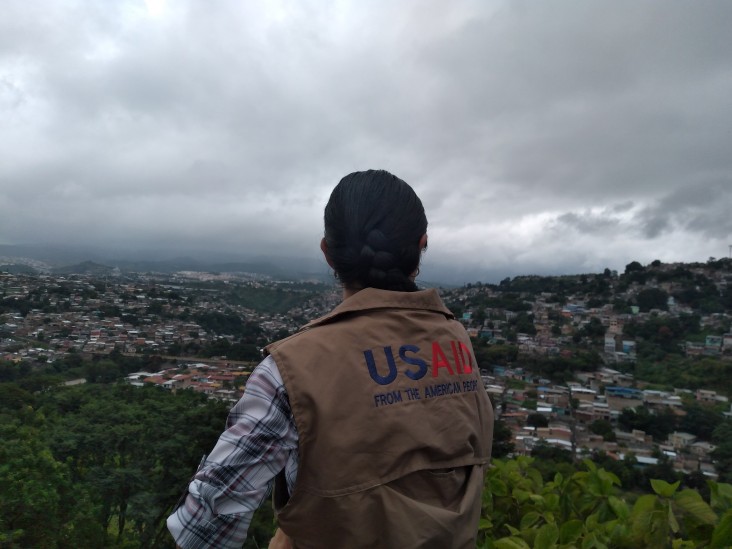- What We Do
- Agriculture and Food Security
- Democracy, Human Rights and Governance
- Economic Growth and Trade
- Education
- Environment and Global Climate Change
- Gender Equality and Women's Empowerment
- Global Health
- Humanitarian Assistance
- Transformation at USAID
- Water and Sanitation
- Working in Crises and Conflict
- U.S. Global Development Lab
Speeches Shim

Latest Fact Sheet
Key Developments
Tropical Storm Eta crossed Honduras in early November, unleashing days of heavy rains, severe flooding, and landslides in northern and central parts of the country. On November 9, the Government of Honduras reported that 38 people had died , approximately 38,000 people were evacuated to temporary shelters, and 1.8 million people were affected by the storm. The storm damaged an estimated 2,700 houses, as well as bridges, roads, and power lines.More than half of the country’s municipalities reported damages.
On November 4, Chargé d’Affaires Coleen Hoey determined that Honduras would need and accept international assistance. In response, USAID’s Bureau for Humanitarian Assistance (USAID/BHA) is providing an initial $120,000 in emergency humanitarian assistance for blankets, hygiene kits, and kitchen supplies needed by people evacuated to temporary shelters. USAID/BHA staff and disaster experts in Honduras, Costa Rica, and Washington, D.C. continue to monitor the situation and to work with other U.S. agencies and local partners to assess and respond to humanitarian needs.
Background
Honduras is one of the poorest countries in Latin America. Approximately 60 percent of Hondurans live in poverty, and 23 percent of children suffer from stunting as a result of chronic malnutrition. Persistent drought in the dry corridor that stretches across Honduras have significantly reduced crop harvests and worsened food insecurity among poor families. In addition,COVID-19 mitigation measures have caused economic weakness and the loss of jobs and livelihoods, further aggravating food insecurity. The Caribbean coastal regions of Honduras are vulnerable to hurricanes during the Atlantic hurricane season from June to November. USAID provides emergency food assistance to vulnerable families and also supports ongoing disaster risk reduction and capacity-building activities.

Comment
Make a general inquiry or suggest an improvement.